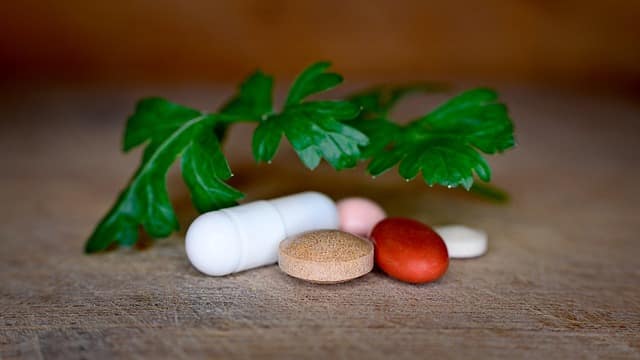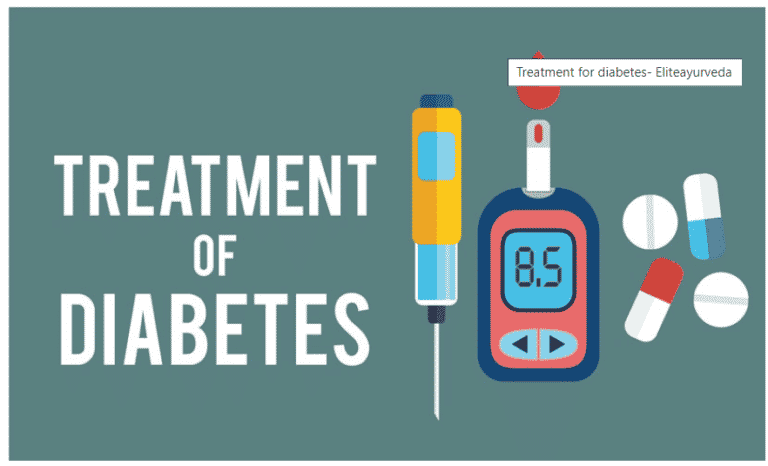Alternative Treatments To Help You With Diabetes
In order to manage diabetes, you need to maintain healthy blood sugar levels. Doctors will give you guidance and prescribe traditional treatments. This includes things like insulin injections, which are capable of keeping your blood sugar levels at normal rates. However, at the same time, if you suffer from diabetes, you might also take advantage of CAM (complementary, alternative treatments and therapies).
Some of the alternative treatments you can use to treat diabetes are:
- Supplements
- Herbs
- Exercising
- Acupuncture
- Dieting
- Relaxation techniques
Keep in mind that not much evidence exists when it comes to whether or not CAM therapies will work. However, there is nothing wrong with trying them since they might help.
Exercising And Dieting
Exercising and dieting can be quite important when you want to treat diabetes. How active you are and what you eat can easily impact your health, including blood sugar levels. As a result, your diabetes can be positively impacted. And the great thing about it is that you do not have to work out like an athlete. Even a little bit helps.
The ADA (American Diabetes Association) officially recommends two resistance-based workouts per week if you suffer from the condition. This includes things like working out with resistance bands as well as lifting free weights.
Supplements And Herbs
Supplements and herbs are very popular CAM therapies used by people affected by diabetes. However, the FDA does not see the therapies as being medicine so they are not regulated. Also, we do not have access to enough studies to support the fact that supplements can help treat diabetes.
Some supplements might work for you, however, you’ll need to make sure to discuss it with the doctor before new supplements are taken. There are some that might interact with the medications you take right now. The very popular supplements are:
- Aloe Vera
- Alpha-Lipoic Acid
- Cinnamon
- Chromium
- Garlic
- Ginseng
- Magnesium
- Polyphenols
- Omega-3 Fatty Acids
- Vanadium
Be Careful When Using Supplementation
Supplements are rarely studied by researchers and there is no requirement to prove claims. Furthermore, showing why the efficacy and safety of supplementation are not really known. It is possible that the supplements will not contain what is written on the label. However, some unknown side effects can occur.
The biggest problem is that supplements can interact with your medications. Also, you might end up feeling ill or nauseous. Extreme caution is always necessary. This is why we have to recommend that you talk to the doctor before you take a supplement.
Alternatives To Supplements
Using a plant-based diet can be a very good alternative to using dietary supplements. In an article published in Diabetes Care, it was proved that two times more nonvegetarians end up diagnosed with diabetes when compared with vegans and vegetarians.
People that suffer from diabetes do not need to avoid meat. However, it can be beneficial when the diet is changed and is more focused on some foods, including:
- Vegetables
- Legumes
- Fruits
- Whole Grains
A big advantage of making such a dietary change is that it will help you to better maintain your blood sugar levels and lower your cholesterol. At the same time, it can help with maintaining a healthy weight. All of these factors will help you when you suffer from Type 2 diabetes.
Image Credit



